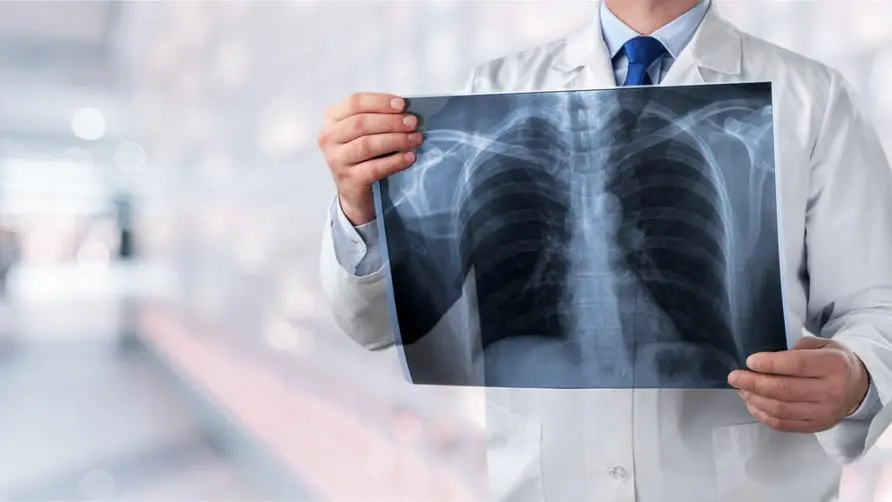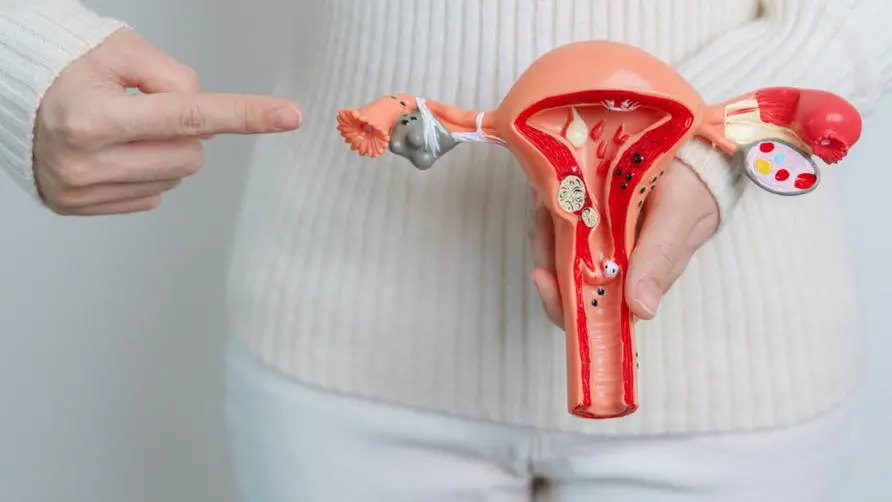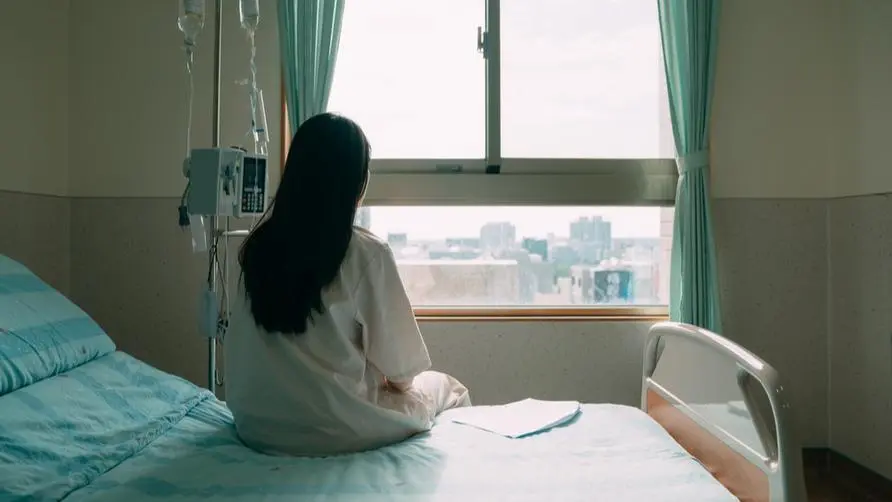Recurrent infection caused diarrhea 20 times a day! Doctors reveal the 10 most dangerous groups of Clostridium difficile

I had diarrhea 20 times a day and passed out due to dehydration! “This bacteria” caused her to interrupt chemotherapy
Patients with low immunity and cancer are not only at higher risk of infection, but are also prone to recurrent diarrhea due to infection with Clostridium difficile. A 50-year-old female ovarian cancer patient was infected with Clostridium difficile three times. Not only did she suffer from diarrhea up to ten times a day, she was unable to eat and continue chemotherapy. The tumor worsened as a result. Fortunately, she received a one-day treatment with “Floral Microbiota Transplantation” (FMT). The diarrhea was successfully stopped and he was able to continue receiving anti-tumor treatment.
Li Boxian, associate professor of the Department of Gastroenterology at Linkou Chang Gung Memorial Hospital, said that it is not uncommon for cancer patients to be infected with Clostridium difficile. This female patient had frequent diarrhea, hemorrhoid bleeding, and skin rupture around the anus, which seriously affected her quality of life and she did not dare to eat at all. I had diarrhea at home until I passed out from dehydration. After the examination, it was shockingly discovered that the intestinal mucosa was inflamed and atrophied due to infection. The diarrhea stopped within one day after receiving the microflora implantation, and he was discharged successfully three days later. There has been no recurrence so far.
Clostridium difficile combined hospitalization mortality rate is 25%! Doctor reveals 4 major symptoms of acute infection
Dr. Li Boxian explained that Clostridium difficile is quite common in daily environments, and infection may cause patients with symptoms such as diarrhea, abdominal pain, fever, nausea and poor appetite. If infection complications occur and you are hospitalized, the mortality rate can be as high as 25%, and the chance of recurrence is 20%-60%.
Risk factors for C. difficile infection include: antibiotic use, being over 65 years old, immunocompromised, organ transplant, recent hospitalization or nursing home stay, AIDS, previous use of steroids or immunosuppressive drugs, especially cancer and inflammatory bowel disease Infections can cause major problems for people with inflammatory bowel disease (IBD).
Dr. Li Boxian pointed out that a 2013 New England Journal study showed that the rate of successful remission without recurrence of Clostridium difficile after 14 days of antibiotic treatment was only 30.8%, while the rate of successful remission without recurrence was as high as 93.8% in the group that received microflora transplantation. Treatment guidelines in Taiwan and abroad recommend the use of microflora transplantation to treat refractory or recurrent Clostridium difficile infections. In 2018, the Taiwan Ministry of Health and Welfare also adopted special management measures, which is a great boon for patients with Clostridium difficile infections.
The success rate of microflora implantation treatment exceeds 90%! Will “microbacteria capsules” be available in the future?
Professor Qiu Zhengxun, deputy director of Linkou Chang Gung Memorial Hospital, said that the Chang Gung Memorial Medical System established a microbial treatment center in 2019 and is currently the only microbial bank in Taiwan. More than 100 cases of colonoscopy microflora implantation treatment have been successfully carried out. The patients’ ages range from 3 to 99 years old. The overall success rate exceeds 90%, which is much higher than the 30% to 40% of two-week antibiotic treatment. And there are no serious adverse reactions.
Professor Qiu Zhengxun pointed out that the establishment of the Chang Gung Memorial Microbial Treatment Center and the Microbial Bank represents Taiwan’s move towards precision medicine, helping many relatively vulnerable cancer and IBD patients to continue treatment and control their conditions. Among them, the establishment of a microbial bank is the biggest key to microbial implantation treatment. Coupled with professional safety control and cold chain transportation technology, it covers the entire Taiwan Chang Gung Memorial System to help patients with difficult-to-treat Clostridium difficile and provide timely and effective treatment. .
Professor Qiu Zhengxun said that the current microflora transplantation treatment is performed through colonoscopy. The bacterial solution is injected from the proximal ileum or the terminal small intestine. The inflammation of the intestinal mucosa can be checked at the same time as the implantation, which reduces the separation of patients’ examination and treatment. of hard work. Chang Geng will also sign a MOU cooperation memorandum with Australia’s BiomeBank. In the future, it is expected to introduce more convenient “microbacterial capsules” and other cutting-edge technologies to create more groups.
Inflammatory bowel disease in Taiwan has increased 6-fold in 10 years! Clostridium difficile may lead to poor efficacy
Professor Qiu Zhengtang, director of the Chang Gung Microbial Treatment Center, reminded that the prevalence of inflammatory bowel diseases in Taiwan has increased six-fold in the past decade, which is inseparable from changes in diet, environment and intestinal flora. People should eat a balanced diet and avoid Westernized diets high in oil and sugar to maintain healthy intestinal bacteria, increase protection and reduce the risk of infection.
Professor Qiu Zhengtang said that Clostridium difficile infection is an important factor causing the onset of inflammatory bowel disease and poor efficacy. If patients are infected with Clostridium difficile, they should actively receive treatment to achieve the treatment goal of mucosal healing, so as to avoid perforation and fistulas. , intra-abdominal abscess, cancer and other complications.
Extended reading: Have you ever eaten wrongly before? The pharmacist teaches you the correct use of stomach medicine: “4 major ingredients” to understand





